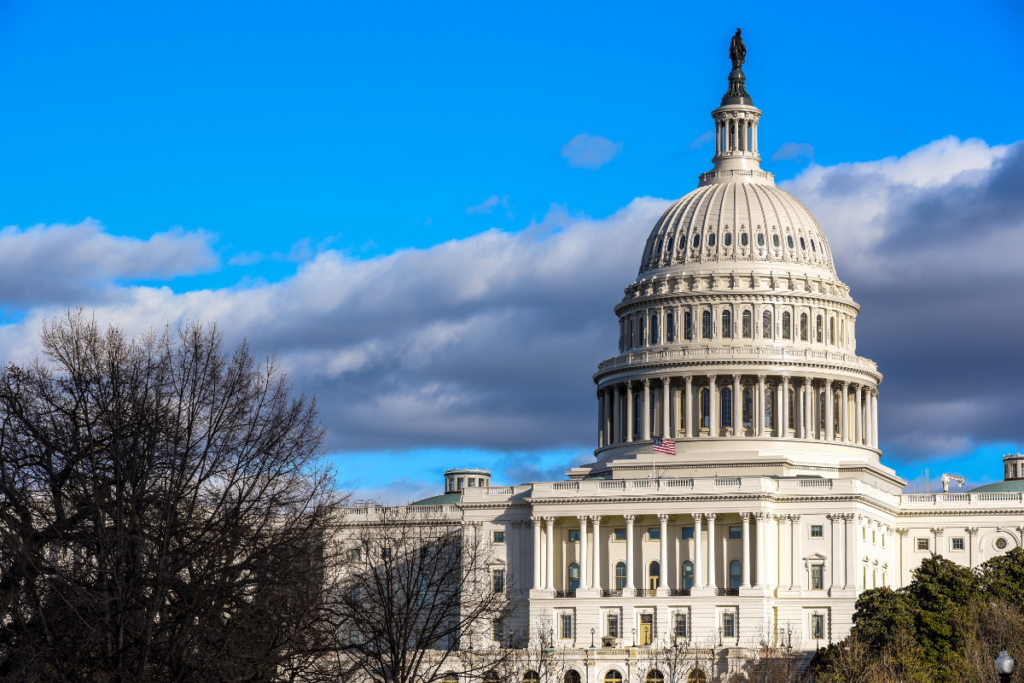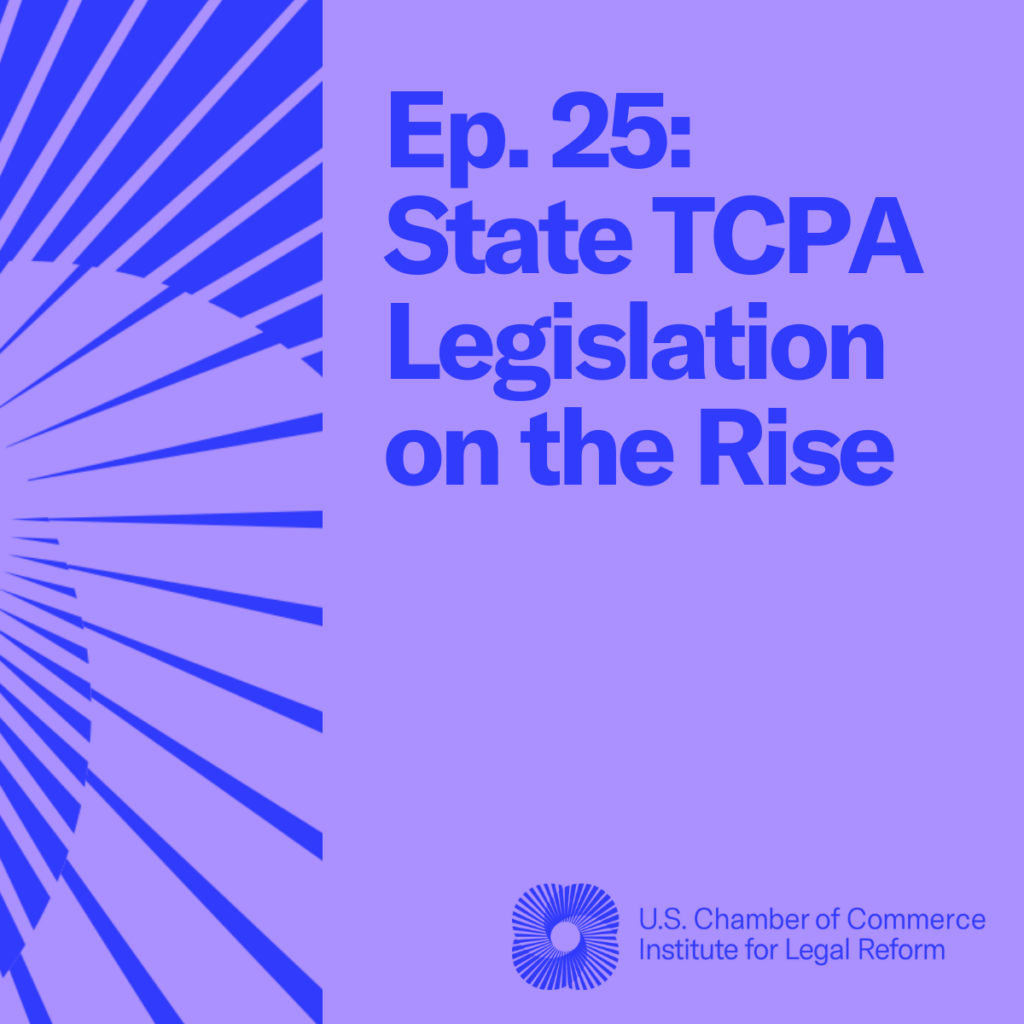Though it may have started as a well-intentioned law from 1991, we now know how plaintiffs’ lawyers and professional plaintiffs have twisted the Telephone Consumer Protection Act (TCPA) for financial gain.
We’ve heard the story of a New Jersey man that filed 31 TCPA lawsuits since 2010. And the Pennsylvania woman that used 35 different cell phones to try to catch as many unintended calls as possible. And of course, how plaintiffs’ lawyers take the lion’s share of TCPA settlements and leave their clients with little true benefit.
But now, company leaders are being held personally liable for a company’s TCPA violations, even if they had no idea that their communications were illegal.
A federal judge in Illinois recently ruled that Walter Hoff, the CEO of A-S Medication Solutions, was personally on the hook for $7.8 million for sending faxes since he “approved” them.
In the case, Physicians Healthsource, Inc. v. A-S Medication Solutions LLC, Hoff told the court that he believed the faxes were legal and said the company had permission to send them. But the court said the company only had permission to send “informational” faxes, not advertisements.
This is a troubling development that, if left unchecked, can be very dangerous. Small businesses are already at high risk of being crushed by TCPA litigation. Holding officers personally liable only heightens that risk.
Signed in 1991, it’s clear that the TCPA has drifted from its intended purposes. Senator Fritz Hollings, a sponsor of the TCPA, said the intent of the law was to allow consumers to collect $500 in damages by going to small claims courts without an attorney. This recent decision was clearly not made with the spirit of the law in mind.
If it is now clear that the current law isn’t working as intended, it’s time for a fix.
The FCC can start by clarifying the definition of autodialers, which the D.C. Circuit Court of Appeals earlier this year said was an “unreasonably expansive interpretation” of the law.
Congress can also update the law. A bill has already been introduced in the Senate.
These fixes to the TCPA should happen quickly. If the Medical Solutions case tells us anything, it is that any business owner or manager, large or small, is now personally at risk of having to pay a crushing sum all because of an ambiguous law and an entrepreneurial plaintiffs’ bar.



